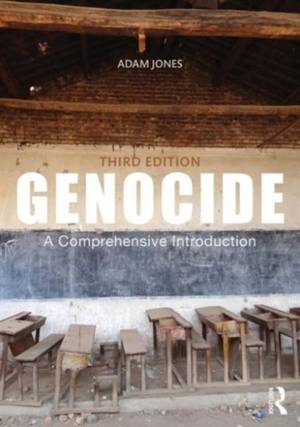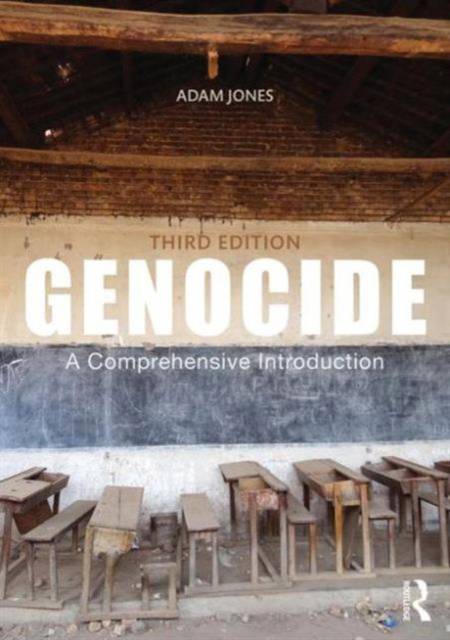
- Retrait gratuit dans votre magasin Club
- 7.000.000 titres dans notre catalogue
- Payer en toute sécurité
- Toujours un magasin près de chez vous
- Retrait gratuit dans votre magasin Club
- 7.000.000 titres dans notre catalogue
- Payer en toute sécurité
- Toujours un magasin près de chez vous
Description
Genocide: A Comprehensive Introduction is the most wide-ranging textbook on genocide yet published. The book is designed as a text for upper-undergraduate and graduate students, as well as a primer for non-specialists and general readers interested in learning about one of humanity's enduring blights.
Fully updated to reflect the latest thinking in this rapidly developing field, this unique book:
- Provides an introduction to genocide as both a historical phenomenon and an analytical-legal concept, including the concept of genocidal intent, and the dynamism and contingency of genocidal processes.
- Discusses the role of state-building, imperialism, war, and social revolution in fuelling genocide.
- Supplies a wide range of full-length case studies of genocides worldwide, each with a supplementary study.
- Explores perspectives on genocide from the social sciences, including psychology, sociology, anthropology, political science/international relations, and gender studies.
- Considers "The Future of Genocide," with attention to historical memory and genocide denial; initiatives for truth, justice, and redress; and strategies of intervention and prevention.
Highlights of the new edition include:
- Nigeria/Biafra as a "contested case" of genocide
- Extensive new material on the Kurds, Islamic State/ISIS, and the civil wars/genocide in Iraq and Syria.
- Conflict and atrocities in the world's newest state, South Sudan.
- The role, activities, and constraints of the United Nations Office of Genocide Prevention.
- Many new testimonies from genocide victims, survivors, witnesses--and perpetrators.
- Dozens of new images, including a special photographic essay.
Written in clear and lively prose with over 240 illustrations and maps, Genocide: A Comprehensive Introduction remains the indispensable text for new generations of genocide study and scholarship.
An accompanying website (www.genocidetext.net) features a broad selection of supplementary materials, teaching aids, and Internet resources.
Spécifications
Parties prenantes
- Auteur(s) :
- Editeur:
Contenu
- Nombre de pages :
- 908
- Langue:
- Anglais
Caractéristiques
- EAN:
- 9781138823846
- Date de parution :
- 19-12-16
- Format:
- Livre broché
- Format numérique:
- Trade paperback (VS)
- Dimensions :
- 175 mm x 246 mm
- Poids :
- 1495 g







